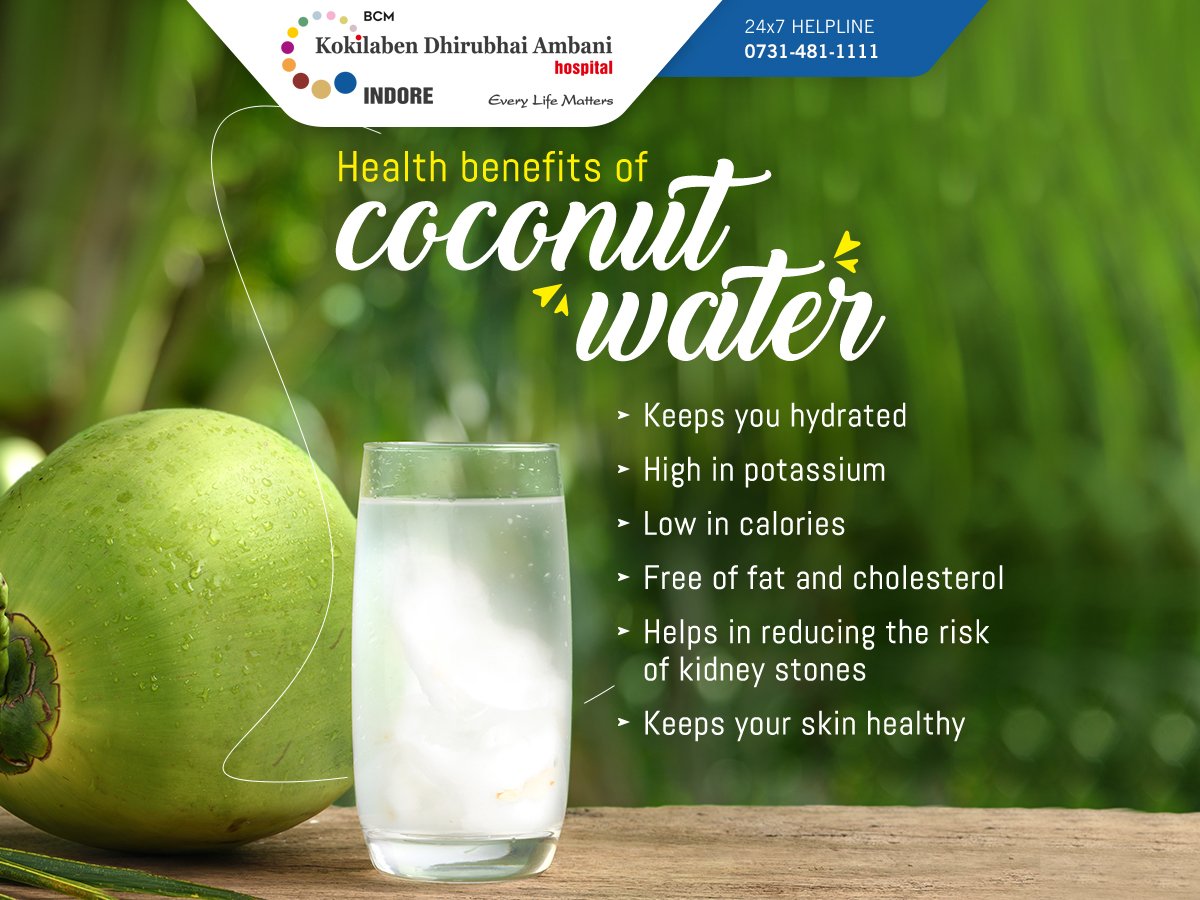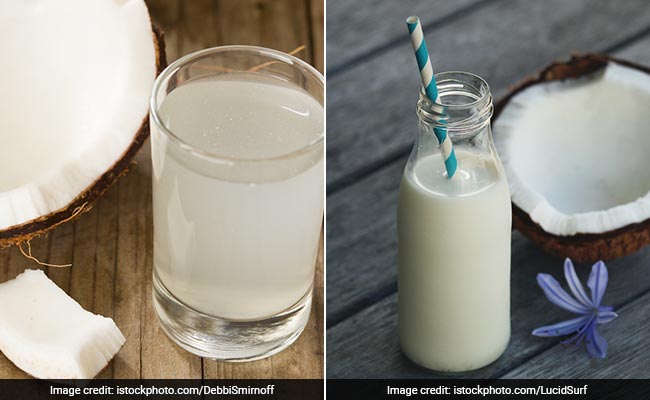Coconut Milk vs Coconut Water: An Overview
Coconut milk and coconut water are two popular coconut products that have gained widespread attention due to their unique health benefits. Derived from the fruit’s white flesh and clear liquid, these nutrient-rich beverages cater to various dietary preferences and health-conscious individuals. This article delves into the distinct advantages of coconut milk and coconut water, providing readers with a comprehensive understanding of their respective merits.
Unveiling the Health Benefits of Coconut Milk
Coconut milk is a rich, creamy, and dairy-free alternative derived from the grated flesh of mature coconuts. It boasts an impressive nutritional profile, containing essential vitamins, minerals, and healthy fats. Among the key nutrients found in coconut milk are vitamins C, E, B1, B3, B5, and B6, as well as iron, selenium, sodium, calcium, magnesium, and phosphorus. Additionally, coconut milk contains medium-chain triglycerides (MCTs), a type of fat that is easily digested and may offer various health benefits.
The unique composition of coconut milk contributes to several health advantages. For instance, its MCTs have been shown to support heart health by increasing HDL (the “good”) cholesterol levels. Furthermore, coconut milk’s MCTs may aid in weight management by promoting feelings of fullness and boosting metabolism. The lauric acid present in coconut milk also exhibits antimicrobial properties, potentially supporting the immune system.
Beyond its internal health benefits, coconut milk can also enhance external beauty. Its nourishing fats and vitamin E content can promote healthy skin and hair, while its anti-inflammatory properties may help soothe skin irritations. By incorporating coconut milk into one’s diet and beauty routine, individuals can reap a multitude of health benefits.
Diving into the Health Benefits of Coconut Water
Coconut water is the clear, nutrient-rich liquid found inside young, green coconuts. As a natural source of hydration, it contains essential electrolytes such as potassium, sodium, magnesium, and calcium. With a low calorie count and minimal fat content, coconut water is an excellent beverage option for those seeking to maintain a balanced diet or rehydrate after exercise.
The electrolyte balance in coconut water makes it an effective tool for maintaining proper hydration, particularly during exercise or in hot weather. Moreover, its electrolyte content can help support kidney health by promoting healthy fluid balance within the body. Coconut water has also been shown to aid digestion due to its bioactive enzymes and dietary fiber, which can help break down food and regulate bowel movements.
In addition to its hydrating and digestive properties, coconut water exhibits antioxidant qualities, which can help protect cells from damage caused by free radicals. Furthermore, its cytokinin content may contribute to anti-aging and cancer-fighting properties. By incorporating coconut water into one’s daily routine, individuals can enjoy a multitude of health benefits while staying hydrated.
Comparing Coconut Milk and Coconut Water: Which One Wins?
When comparing coconut milk and coconut water, it is essential to consider several factors, including taste, versatility, and accessibility. Both products offer unique health benefits, making them suitable for various dietary preferences and lifestyles.
Taste is a significant factor when differentiating between coconut milk and coconut water. Coconut milk has a rich, creamy, and slightly sweet flavor, while coconut water is light, refreshing, and subtly sweet. Depending on personal preference and intended use, one may be more appealing than the other.
Versatility is another aspect to consider when comparing these two coconut products. Coconut milk is a popular ingredient in various dishes, such as curries, soups, and baked goods, while coconut water serves as a rehydrating beverage, smoothie ingredient, or mixer for cocktails. Both products can be incorporated into creative and health-conscious recipes, allowing individuals to enjoy their unique benefits in various ways.
Accessibility is also a crucial factor when deciding between coconut milk and coconut water. Coconut milk is typically found in the international or dairy section of most supermarkets, while coconut water can be found in the refrigerated or non-refrigerated beverage aisle. Depending on location and availability, one product may be more accessible than the other, influencing the decision-making process.
Ultimately, the choice between coconut milk and coconut water depends on individual preferences and needs. By understanding the unique health benefits, tastes, versatilities, and accessibilities of both products, readers can make informed decisions and incorporate these nutritious coconut options into their daily lives.
How to Incorporate Coconut Milk and Coconut Water into Your Diet
Both coconut milk and coconut water can be easily incorporated into various meals and beverages, allowing individuals to enjoy their unique health benefits. Here are some practical tips and recipe ideas to help readers experiment with these products:
- Coconut Milk:
- Use coconut milk as a dairy-free substitute in creamy soups, curries, and stews.
- Add coconut milk to smoothies for a rich, creamy texture and added nutrients.
- Create vegan-friendly ice cream or popsicles using coconut milk as a base.
- Use coconut milk in baked goods, such as cakes, muffins, and pies, for a moist and tender crumb.
- Coconut Water:
- Enjoy coconut water on its own as a refreshing, hydrating beverage.
- Mix coconut water with fresh fruit juice or puree for a nutrient-packed smoothie.
- Use coconut water as a base for cocktails or mocktails, adding natural sweetness and electrolytes.
- Cook grains, such as rice or quinoa, in coconut water for added flavor and nutrients.
By incorporating coconut milk and coconut water into daily meals and beverages, readers can take advantage of their unique health benefits and enjoy the tropical flavors they offer. Experimenting with these products can lead to exciting culinary discoveries and a healthier lifestyle.
Navigating Potential Concerns: Allergies and Controversies
When incorporating coconut milk and coconut water into one’s diet, it is essential to be aware of potential concerns and controversies. While both products offer numerous health benefits, there are some factors to consider to ensure safe and informed consumption.
Allergies
Coconuts are technically fruits, not nuts, but they can still cause allergic reactions in some individuals. People with tree nut allergies should exercise caution when consuming coconut products, as they may also be allergic to coconuts. If there is a known allergy, it is best to avoid coconut milk and coconut water or consult with a healthcare professional before consuming.
Additives and Processing Methods
Some coconut milk and coconut water brands may contain added sugars, preservatives, or artificial flavors. To maximize health benefits, choose products with minimal additives and opt for organic, non-GMO, and BPA-free packaging when possible. Additionally, some processing methods may reduce the nutritional value of these products. Look for products that use minimal processing and retain as many natural nutrients as possible.
Minimizing Potential Health Risks
To minimize potential health risks, follow these guidelines when selecting and consuming coconut milk and coconut water:
- Read labels carefully to ensure products are free from allergens and unnecessary additives.
- Choose high-quality products from reputable brands, preferably organic and non-GMO.
- Store coconut milk and coconut water according to package instructions to maintain freshness and nutritional value.
- Consume these products in moderation, as part of a balanced diet, to avoid potential negative effects from high fat or sugar content.
By being aware of potential concerns and controversies, readers can make informed decisions about incorporating coconut milk and coconut water into their diets and enjoy their unique health benefits safely and effectively.
Real-Life Product Examples: Coconut Milk and Coconut Water Brands
To help readers make informed choices when incorporating coconut milk and coconut water into their diets, here are some specific product recommendations that align with the article’s health-focused message:
Coconut Milk Brands
- Native Forest Organic Classic Coconut Milk: This product is organic, non-GMO, and contains no added sugars or preservatives. It is a great option for those seeking a high-quality, versatile coconut milk.
- Aroy-D Coconut Milk: Aroy-D offers a preservative-free, additive-free, and BPA-free coconut milk option. It is an excellent choice for those looking for minimal processing and maximum nutritional value.
Coconut Water Brands
- Harmless Harvest 100% Raw Coconut Water: This brand is organic, non-GMO, and never from concentrate. It is an excellent choice for those seeking a pure, hydrating coconut water option.
- Vita Coco Coconut Water: Vita Coco offers a convenient, on-the-go option for those looking to stay hydrated. It is made from young coconuts and contains natural electrolytes.
By choosing high-quality coconut milk and coconut water products, readers can enjoy the unique health benefits and practical uses of these popular coconut products with confidence.
Making the Most of Coconut Milk and Coconut Water: A Summary
In this article, we have explored the unique health benefits and practical uses of coconut milk and coconut water. By understanding their nutritional profiles, potential health advantages, and differences, readers can make informed decisions about incorporating these popular coconut products into their diets.
Coconut milk, rich in vitamins, minerals, and healthy fats, offers numerous benefits for skin, hair, heart health, and the immune system. Meanwhile, coconut water, with its electrolyte content and low calorie count, can aid in hydration, exercise recovery, and digestion, and may even support kidney health.
When comparing coconut milk and coconut water, factors such as taste, versatility, and accessibility should be considered to determine which product best suits individual needs. By experimenting with practical tips and recipe ideas, readers can discover their personal preferences and enjoy the unique advantages of both coconut milk and coconut water.
Additionally, we have addressed common concerns related to coconut milk and coconut water, including allergies, additives, and processing methods. By selecting high-quality products and minimizing potential health risks, readers can confidently incorporate these coconut products into their daily lives.
We encourage readers to share their own experiences and favorite recipes featuring coconut milk and coconut water in the comments section. By learning from one another, we can maximize the health benefits and practical uses of these popular coconut products.







